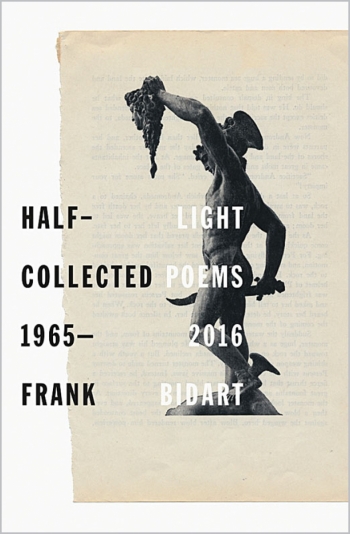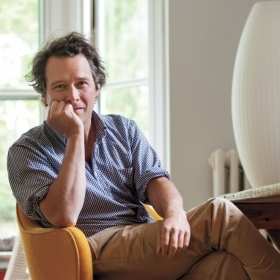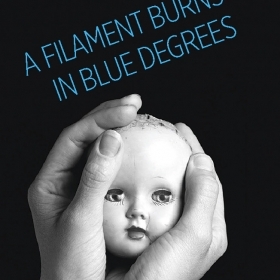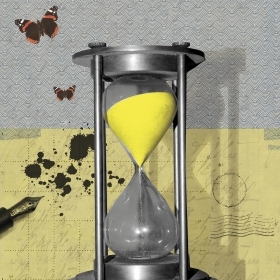When Frank Bidart, Andrew W. Mellon Professor in the Humanities and professor of English at Wellesley, received the 2017 National Book Award for Half-Light: Collected Poems 1965–2016 in November, he said in his acceptance speech, “Writing the poems was how I survived … . I hope that the journeys these poems go on will help others to survive as well.”
Those journeys—which include growing up with an alcoholic father and a controlling mother, being gay when homosexuality was not accepted, and identifying his moral philosophy—give power and resonance to the 700-plus page opus, which has been described by Publishers Weekly as “an almost overwhelming bounty, a permanent book.”
The voices in the work range from vulnerable and direct to sophisticated and theatrical, and appear in a variety of styles—heartbreaking lyrics, expansive narratives, and dramatic monologues featuring challenging figures such as child murderer Herbert White. Bidart, who has taught at Wellesley for 45 years, handles them all with aplomb and the skill of a consummate storyteller.
Yet what makes the work compelling is Bidart’s ability to address complex issues with urgency, rawness, and tremendous insight, as when he notes: “the past in maiming us,/ makes us.”
His personal story intertwines with those of friends and historical figures, many of whom struggle with desire of some kind and want to defy convention. The poems speak not only for Bidart—whose honors include the National Book Critics Circle Award and the 2017 Donald Hall-Jane Kenyon Prize in American Poetry—but for others in his generation and those that follow. As the poem “Queer” explains: “Lie to yourself about this and you will / forever lie about everything. / Everybody already knows everything / … But lie to yourself, what you will / lose is yourself. Then you / turn into them.”
Half-Light is a monumental achievement by one of the greatest poets of the past 50 years. As poet and critic Dan Chiasson, Wellesley professor of English, has said, “We read him for the extraordinary beauty, pathos, humor, and devastation of his poems… and the path they cut through a cosmos not always welcoming or game to be understood.”
Lund, a poet and writer in Boston, reviews poetry each month for the Washington Post.








We ask that those who engage in Wellesley magazine's online community act with honesty, integrity, and respect. (Remember the honor code, alums?) We reserve the right to remove comments by impersonators or comments that are not civil and relevant to the subject at hand. By posting here, you are permitting Wellesley magazine to edit and republish your comment in all media. Please remember that all posts are public.